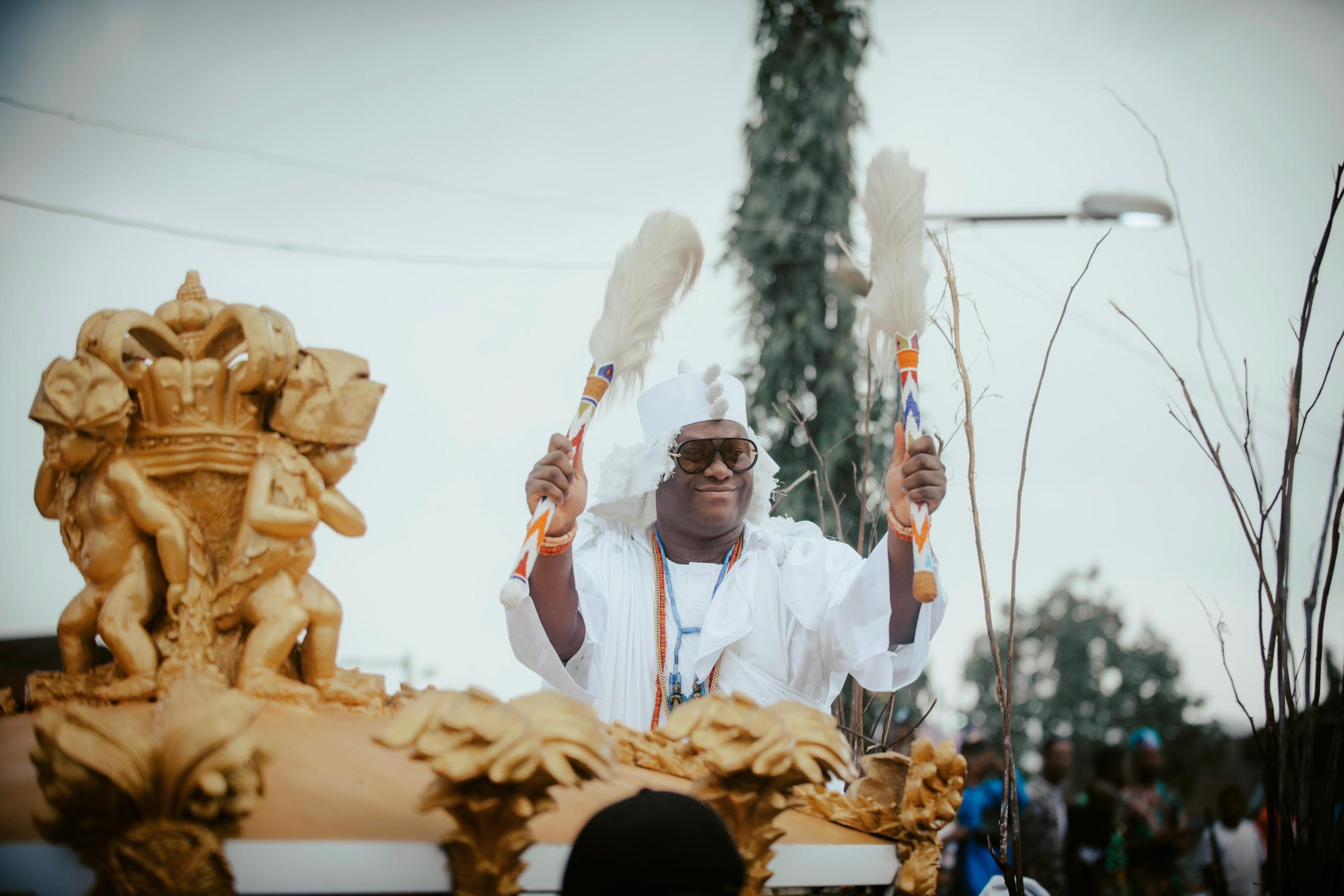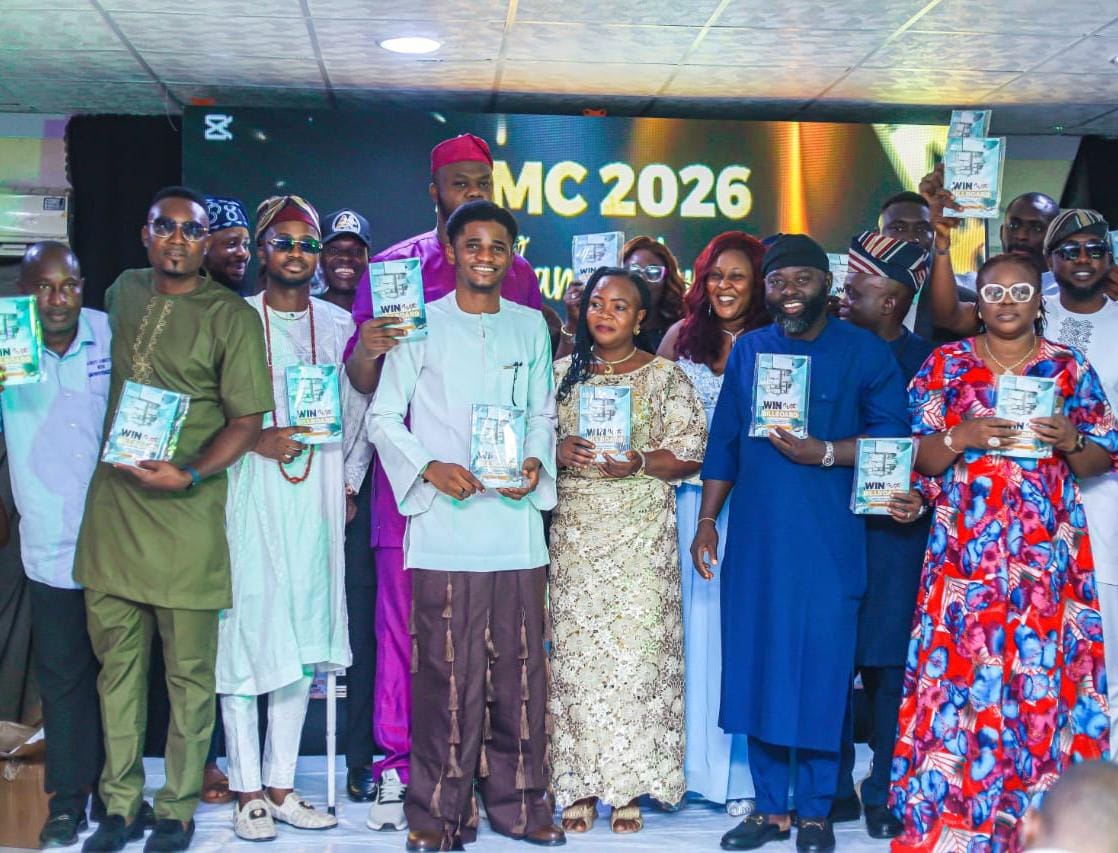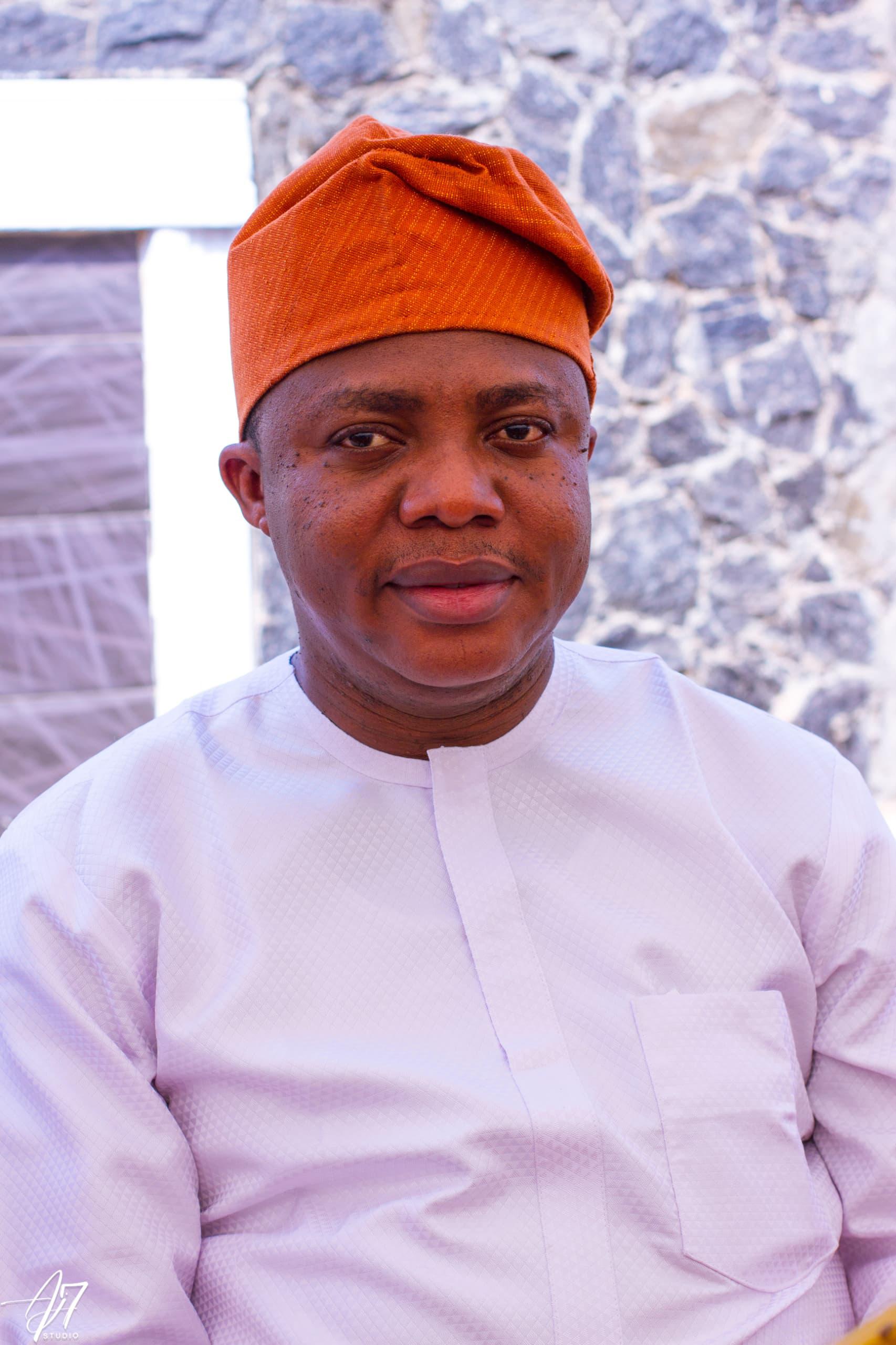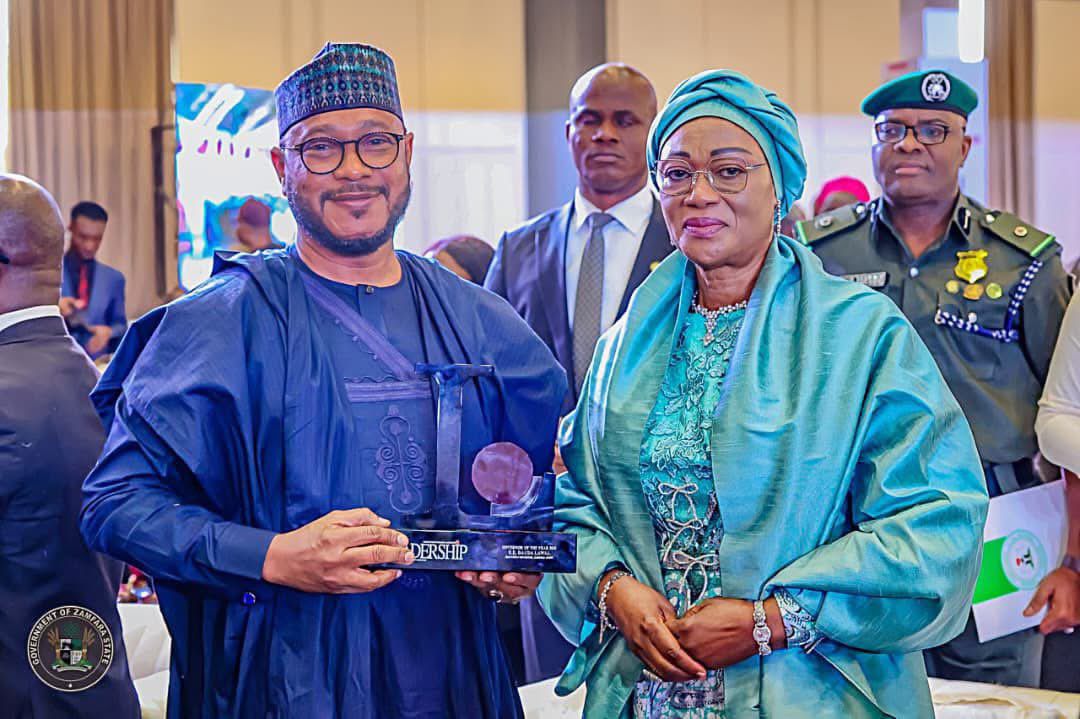How Businessman Adewale Oladapo, Nigerian Police Allegedly Connived To Detain Journalist Azuka Ogujiuba

The arrest and detention of MediaRoomHub publisher, Azuka Ogujiuba, on August 8, 2025, has sparked outrage within media and human rights circles, raising fresh concerns about press freedom and police abuse of power in Nigeria.
Ogujiuba, a veteran journalist and former ThisDay reporter, was invited by officers of the Nigerian Police Force at the Asokoro Division Headquarters in Abuja on August 6. She honoured the invitation, flying in with her legal representative.
However, after being tracked for days, she was eventually picked up and allegedly whisked away without a warrant, “like a criminal,” and unlawfully detained for three days.
According to Ogujiuba, who said she had been invited by the office of the Inspector-General of Police (IGP), she was nevertheless held and maltreated by officers identified as Moses Jolugbo, head of the Asokoro Police Station, along with Ifeoma Ogoli and Josephine Omotere.
Police authorities said her arrest followed a petition filed by businessman Adewale Oladapo, popularly known as Biggie, who accused her of cyberbullying and defamation. But Ogujiuba insists that the real reason for her ordeal was her outlet’s publication of a court injunction in an ongoing multi-billion-naira land dispute in Lagos, a ruling that did not favor Oladapo.
The case in question involves real estate developer, Dr. Kennedy Okonkwo, through his company Capital Gardens Limited, who dragged Oladapo’s firm Oretol Nigeria Limited before a Lagos High Court over alleged breach of contract concerning land at Hampton Island, Osapa, Lekki. The court subsequently issued an injunction restraining Oladapo and his company from interfering with about four hectares of the disputed land pending the outcome of the substantive matter.
That ruling was widely reported across Nigerian media. Yet Ogujiuba alleges she was singled out for reprisals.
According to the report, Capital Gardens Limited and its alter ego, Dr. Kennedy Okonkwo, had earlier petitioned the Inspector-General of Police (IGP) through their lawyers over alleged fraudulent land transactions involving Adewale Oladapo and Oretol Nigeria Limited.
The petition, which was referred to the Lagos State Police Command’s X-Squad, reportedly centered on alleged Fraudulent Conversion of Property, Obtaining by False Pretense, and Multiple Fraudulent Alienations.
The properties in dispute were said to include four hectares of land at Hampton Island Estate, 1.5 hectares at Hampton Harbour, 8,000sqm at Hampton Bay, and 1,000sqm at Banana Island, for which payments of approximately ₦3.5 billion, ₦1.8 billion, ₦800 million, and ₦783 million, respectively, were made to Oladapo and his company.
Despite invitations from the police for questioning, Oladapo allegedly failed to appear, claiming to have travelled abroad, even though he was reportedly sighted at social gatherings in Abuja.
Dr. Okonkwo has maintained that the petitions and court actions were necessary steps to protect both investors and genuine stakeholders from fraudulent land dealings.
Ogujiuba, however, stressed that while Oladapo has allegedly evaded police investigations, she was treated as a criminal simply for reporting a valid court ruling.
“Adewale used Moses and Ifeoma to harass me,” she said. “They maltreated me and released my address to Adewale’s lawyers, Muiz Banire Chambers. The police tracked me for Adewale, and if anything happens to me or my family, the public should hold Moses Jolugbo, Ifeoma Ogoli, Josephine Omotere, and Adewale Oladapo responsible.”
She further claimed that while in detention, she was forced to sign an apology letter, which was later circulated on blogs, discrediting her earlier publication. She said Officer Ifeoma Ogoli compelled her to sign an undertaking that the apology was not made under duress.
She added that the Inspector-General of Police, Kayode Egbetokun, was unaware of her ordeal, insisting that the officers acted outside their powers.
The IGP had previously warned police officers to steer clear of commercial disputes and civil transactions, raising further questions about the legality of her detention.
Human rights advocates have rallied in her defense. Kehinde, a rights representative, argued that compliance with a valid court order cannot, under any circumstances, amount to cyberbullying.
He called for accountability and justice for Ogujiuba, warning that her case underscores a dangerous trend of silencing journalists through intimidation.
International press watchdogs, including the International Press Institute (IPI) Nigeria, have also expressed concern over Ogujiuba’s treatment, warning that such harassment undermines press freedom and erodes public trust in law enforcement institutions.
As the land dispute continues in court, Ogujiuba’s ordeal has become a flashpoint in the wider conversation about the misuse of state power, the vulnerability of journalists, and the urgent need for reforms in Nigeria’s justice system.















